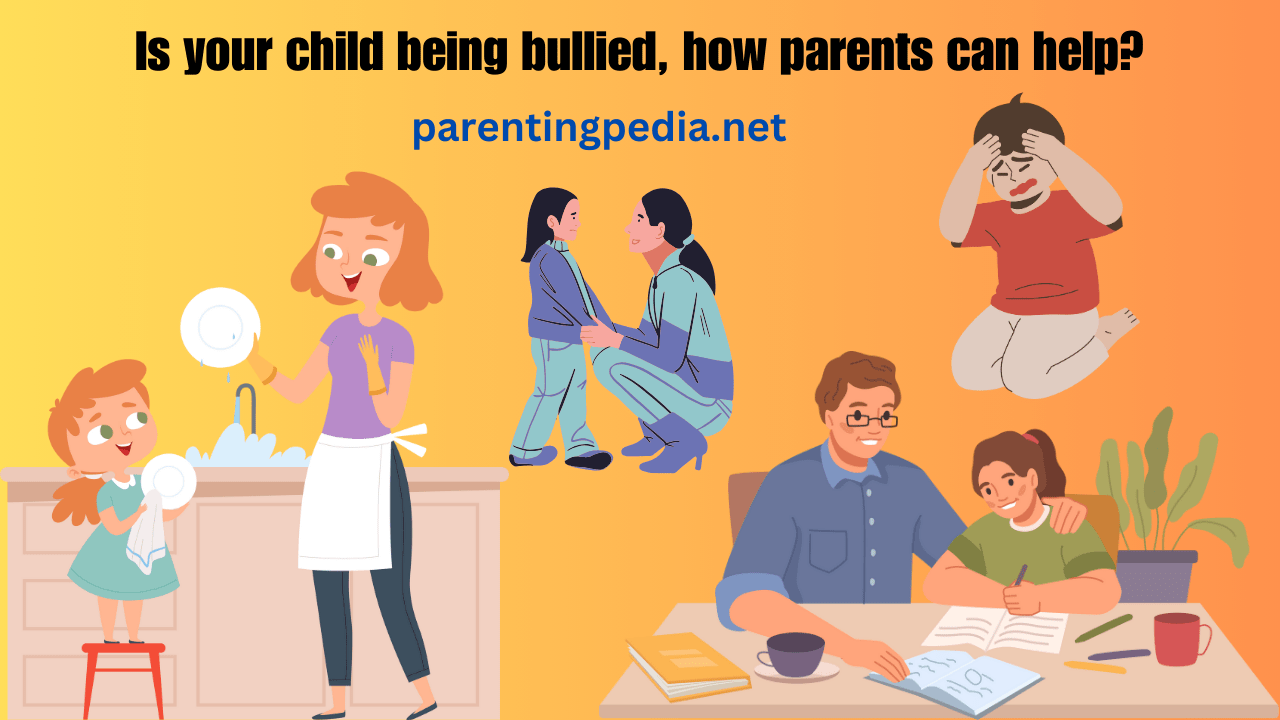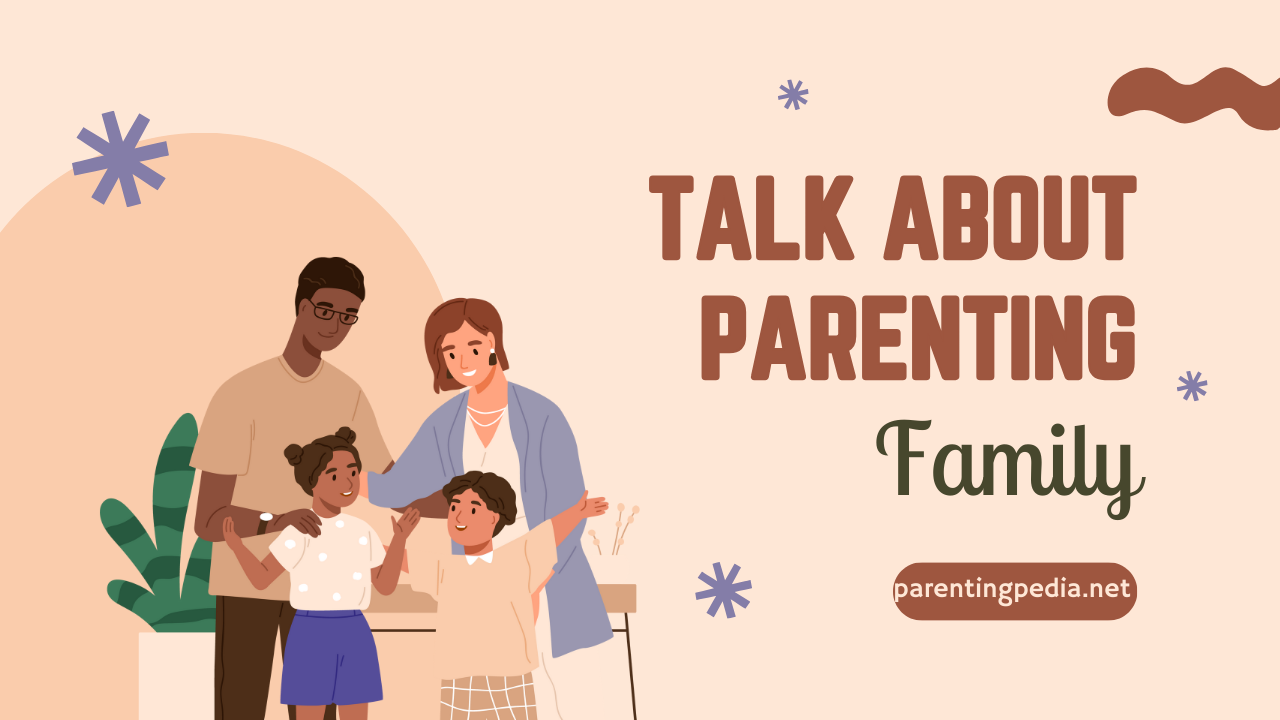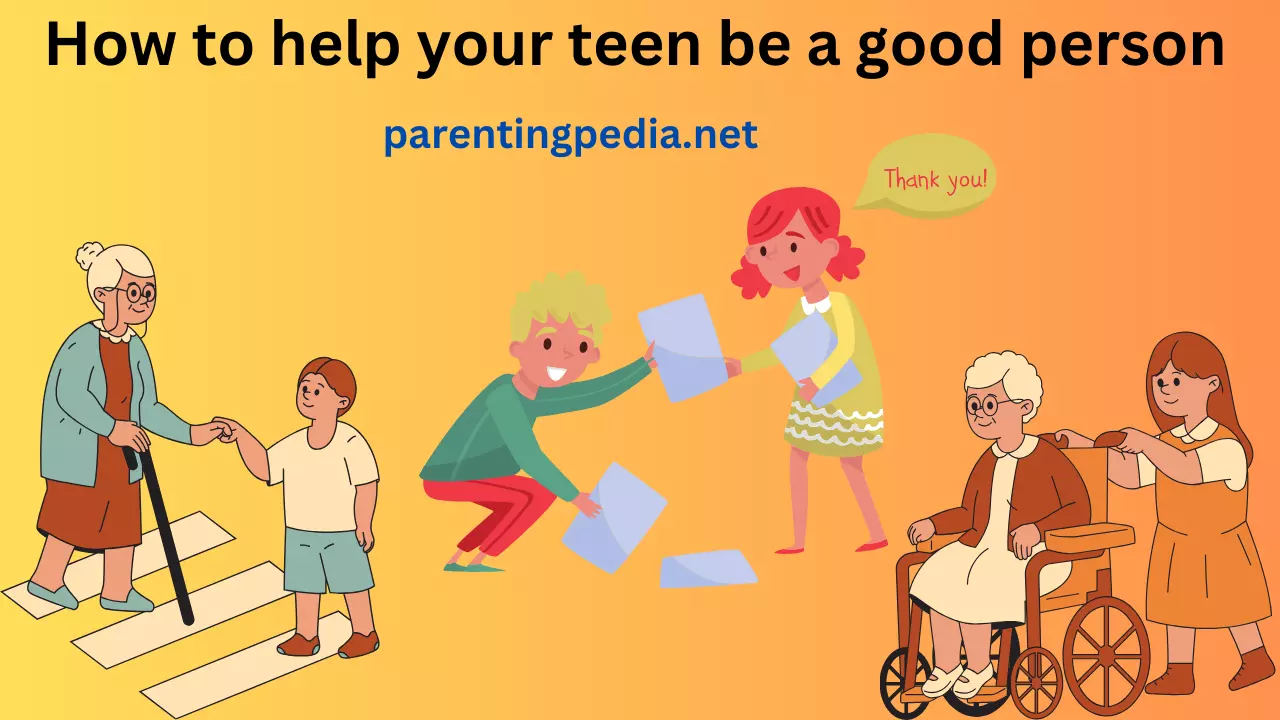You send your kids off to school each day expecting them to learn and grow into responsible, caring individuals. But what if your child is dealing with bullying? As a parent, it can be hard to determine if your child is being bullied or just experiencing the normal ups and downs of childhood. The truth is, that bullying is more common than you might think, and it’s critical for parents to take an active role in addressing it. In this article, we’ll explore the signs that your child may be the target of bullying, strategies for opening up the conversation, and key steps you can take to put an end to bullying and create a safe environment for your child. You have the power to make a difference.
Ask Your Child Directly if They Are Being Bullied
Asking your child directly if they’re being bullied is the best way to find out what’s really going on. Sit down with them in a quiet, private place and have an open, honest conversation. Let them know you’re concerned for their well-being and happiness. Assure them you’re there to listen without judgment and provide support.
Some warning signs to look out for include:
-Unexplained injuries, damaged or missing belongings
-Changes in eating or sleeping habits
-Avoiding social situations or activities they used to enjoy
-Dropping grades or loss of interest in schoolwork
Once you’ve confirmed the bullying, work with your child on a plan to put an end to it. Contact their teachers, school administrators, and parents of the perpetrators. Make it clear that harassment of any kind will not be tolerated. You may also want to report cyberbullying to the police and internet companies.
At home, offer your child extra love and encouragement. Reassure them that there’s nothing wrong with them and they don’t deserve to be treated this way. Help build their confidence and self-esteem through positive reinforcement. Consider enrolling them in self-defense or martial arts classes to empower them.
The key is providing a strong support system. Stay actively involved in resolving the situation, set clear rules against bullying, and make sure the lines of communication remain open. With your help, the bullying can be stopped so your child feels safe, protected and able to thrive.
Listen Without Judgment to Learn About the Situation With Your Child
The most important first step is to talk to your child. Sit down together in a place where they feel comfortable opening up, without distractions. Let them know you’re there to listen without judgment. Say something like:
“I’m worried about you and want to understand what’s going on. Please tell me the truth about how things are for you at school.”
Listen actively by making eye contact, nodding, and avoiding interruptions. Reflect back on what they share to confirm you understand. Ask open-ended follow-up questions to get the full story. Some examples:
- “How long has this been happening?”
- “Who is bullying you, and what do they do?”
- “How does the bullying make you feel?”
Get details about specific incidents, dates, times, locations, and witnesses. The more information you have, the better equipped you’ll be to take effective action.
Once you have the details, reassure your child. Say something like: “I believe you and will do everything I can to put an end to this.” Give them extra love and support right now, as bullying can be extremely damaging to self-esteem.
You may also want to ask if they’ve told any teachers, counselors, or friends. If not, explore why and how you can support them in reporting the bullying. Explain that reporting is important to make it stop, and that you will advocate for them every step of the way.
By listening without judgment and gathering all the facts, you’ll be in the best position possible to help put an end to your child’s suffering. Stay patient and remember – this is not their fault. With your support, the bullying can and will be stopped.
Let Your Child Know You Will Work Together to Stop the Bullying
Let your child know you fully support them and will work together as a team to put an end to the bullying. Have an open, honest conversation about the situation. Ask them:
- Who is bullying them? Get specific names if possible.
- Where and when does the bullying occur? This will help determine the best ways to intervene.
- What exactly are the bullies doing? Verbal abuse? Physical harm? Cyberbullying?
- How long has this been going on? The sooner you step in, the better.
- Why do they think they are being targeted? Their perceived “weakness” says more about the bully than your child.
Reassure your child that the bullying is not their fault. Let them know you will partner with them, their teacher, school administrators, and the parents of the bully to resolve this as quickly as possible. Work together on a plan of action, whether that involves avoiding being alone with the bully, sticking together with a group of friends, or reporting the behavior to the proper authorities.
Your child’s safety and well-being should be the top priority here. Don’t hesitate to call a meeting with school officials and the bully’s parents to discuss the issue. Put everything in writing via email to create a paper trail in case the bullying does not stop. You may need to get local law enforcement involved if you feel physically threatened.
Through it all, continue providing your emotional support and encouragement to your child. Praise them for being brave enough to open up about their situation. Reassure them that this is not a reflection of who they are as a person. Let them know you fully accept them for who they are. With your unconditional love and partnership, they will get through this difficult time.
The most important thing is that your child knows you have their back. By working together, staying vigilant and taking swift action, you can put an end to the bullying and create a safe environment for them to learn and thrive.
Take Steps to Address the Bullying – Talk to School, Speak With Other Parents
Once you’ve spoken with your child and have a sense of the details surrounding the bullying, it’s time to take action. The most important steps are alerting the school and other parents, and coming up with a safety plan.
Talk to School Officials
Meet with your child’s teacher, principal, or school counselor. Explain the situation, provide any evidence of the bullying like texts, photos, or journal entries, and express your desire for intervention. Ask the school what specifically they will do to monitor the situation, prevent further incidents, and ensure your child’s safety. Get specifics on their bullying policy and protocol. Follow up to make sure they are actually taking effective action. If they are not responsive or the steps taken are ineffective, don’t be afraid to be persistent or escalate the issue to the school board.
Speak with Other Parents
If you know the identity of the bully or bullies, consider contacting their parents. Explain what has been happening, provide any evidence, and ask them to speak with their child immediately about stopping this behavior. Let them know you have also alerted the school, and that you expect the bullying to end right away. Having the support of other parents can help apply pressure to find a resolution. However, use your best judgment here, as some parents may react defensively or angrily. If you think meeting with them in person could be confrontational or unsafe, contact them by phone or in writing instead.
Create a Safety Plan
Work with your child on mapping out ways to avoid, ignore, and get away from the bully during school. Have set check-in times, and tell your child to report to you immediately if there are any further incidents of bullying. You may also want to spend extra time with your child before and after school for moral support. Reassure them that the bullying is not their fault and that you are there to help put an end to it together. With time and intervention, bullying can be overcome.
The most important thing is taking prompt action and working as a team with the school and other families to resolve the situation, while also providing your child emotional support. No child deserves to feel afraid or threatened, so be their advocate and see it through until the bullying stops.
Create a Safe, Supportive Home Environment for Your Child to Open Up
To help your child open up about bullying, create a safe and supportive environment at home.
Listen without judgment
Sit down with your child and listen without interrupting or judgment. Say something like, “I’ve noticed you seem upset lately. I’m here if you want to talk about it.” Let them share in their own time. React with empathy, not anger. Ask open-ended questions to make sure you understand the full situation.
Check-in regularly
Make time each day to connect with your child. Even quick chats can help build trust and comfort. Look for signs of bullying like unexplained injuries, lost or destroyed belongings, or avoidance of school or activities. Gently and privately ask about their wellbeing and relationships. Your child may not open up right away, so patiently and consistently offering your support is key.
Set clear rules against bullying
Establish a zero-tolerance policy against bullying in your home. Explain that no one deserves to feel afraid or unhappy because of how others treat them. Set clear rules for respectful communication and behavior. Practice what you preach by modeling empathy and kindness in your own words and actions.
Spend quality time together
Engage in shared interests and hobbies together like cooking a meal, exercising, gaming or volunteering. Quality time strengthens your connection and gives your child opportunities to open up in a low-pressure way. Make eye contact, give your full attention, and be genuinely interested in learning more about their life.
Reassure your child they are not alone
Comfort your child by reminding them you are there to support them. Say things like, “We will get through this together.” Talk about times you felt alone or afraid as a child and the coping strategies you learned. Let your child know that the hurt and humiliation of bullying lessens over time, though the memory may remain. With caring support, their confidence and happiness will return.
Conclusion
So there you have it, some solid advice to help your child deal with bullying. The most important thing is to create an open environment where your child feels comfortable coming to you. Listen without judgment and be their advocate. Work with the school to put an end to the bullying, but also help build your child’s confidence from home. Bullies thrive on fear and weakness, so make sure to remind your child of their strengths, talents, and the support system they have. No child deserves to feel afraid or alone at school. With your love and support, you can get through this difficult time together. Stay strong, stand up for your child, and don’t stop until the bullying comes to an end.
Remember, the greatest reward of parenting lies in watching
your children soar with love and confidence.
Till then keep smiling and be happy 😊
Worth Reading 👇
- Finding Balance Becoming a Screen Smart Family
- Best of the web when you’re teen asks for non-alcoholic beer and more
- Choosing the Best Musical Instrument for Children to Learn
- When Life Sucks: A Conversation with Psychiatrist and Comedian Dr. Jo Prendergast
- Getting kids to talk about their feelings
- The case for banning corporal punishment of kids
- Why meditation should be taught in schools



